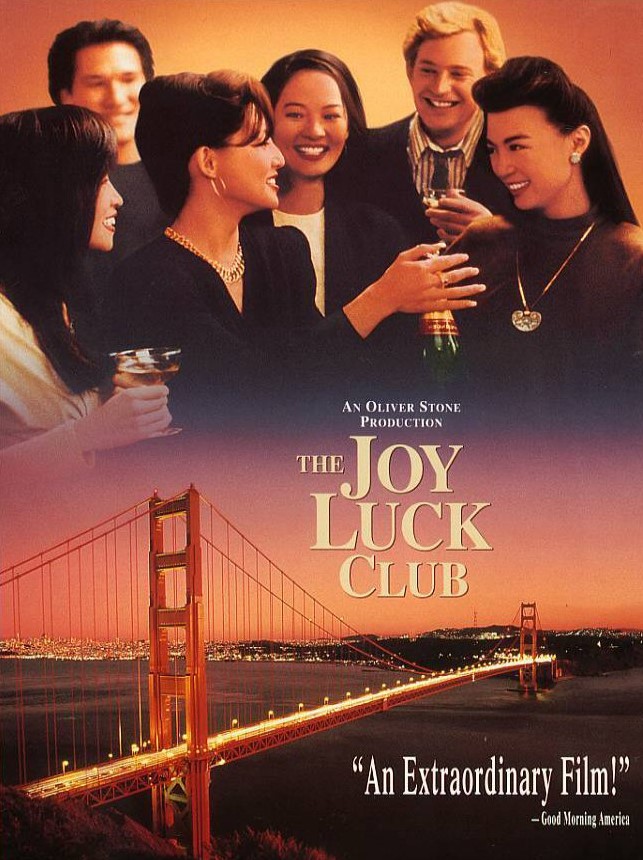Filmmakers Who (always or sometimes) Edit:
Parkerson to Puerrer
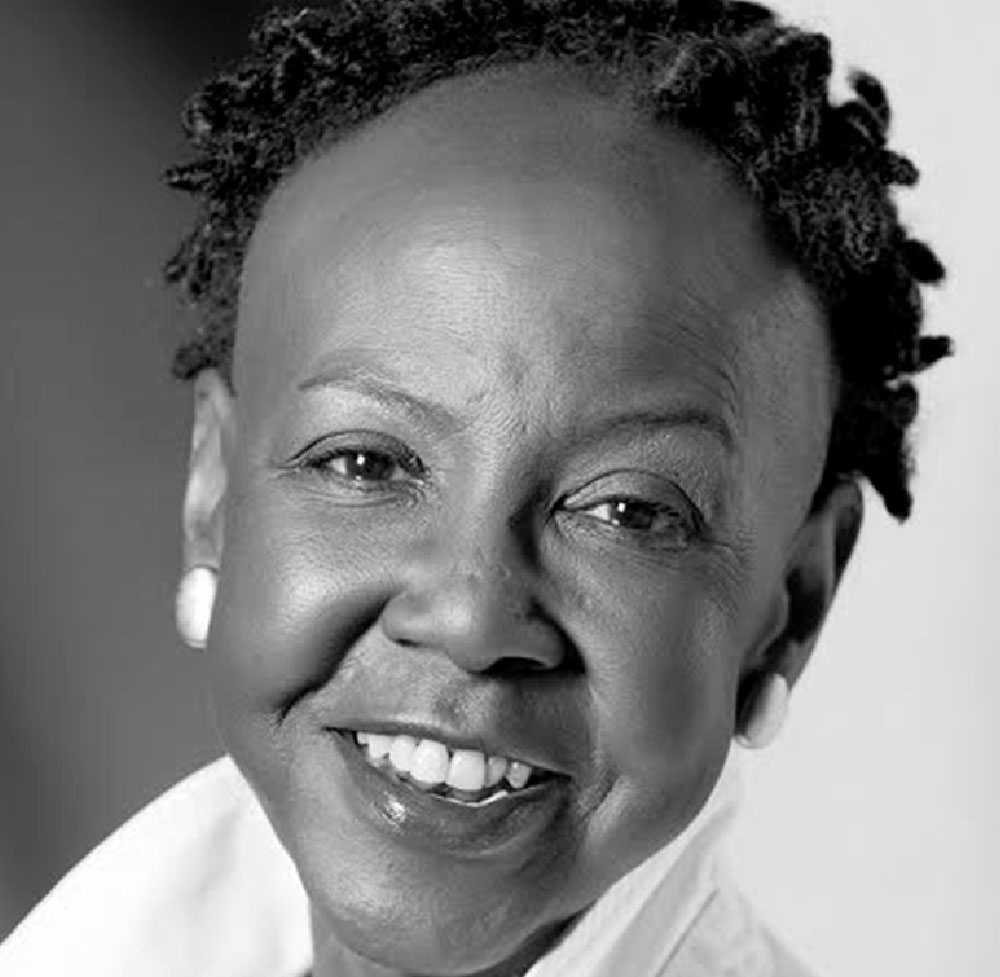
Michelle Parkerson
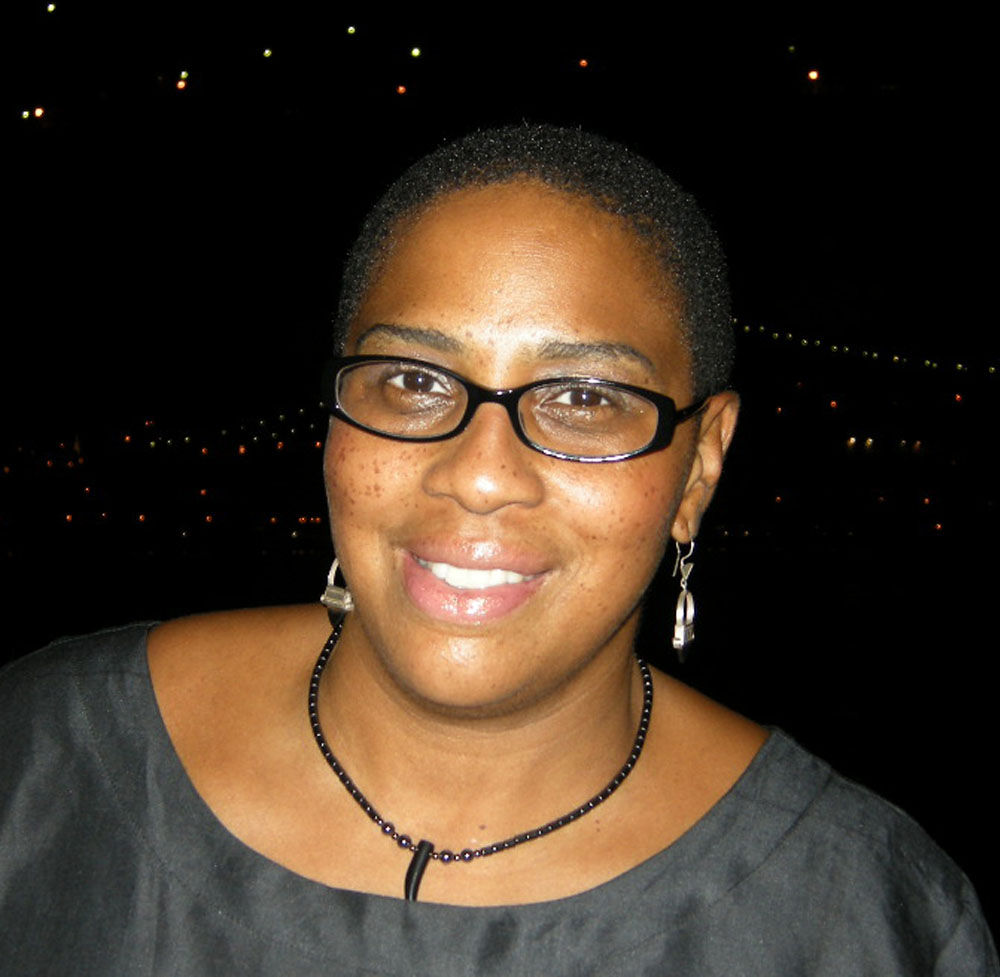
Cyrille Phipps
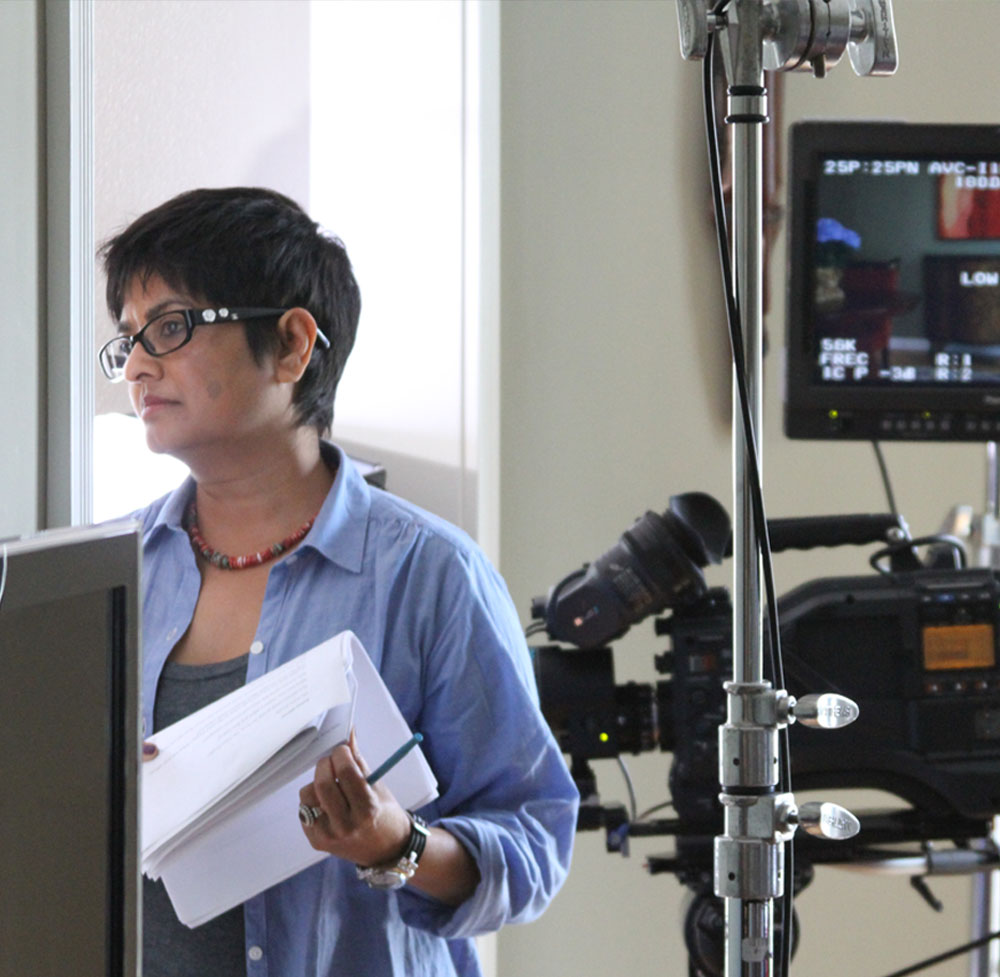
Pratibha Parmar
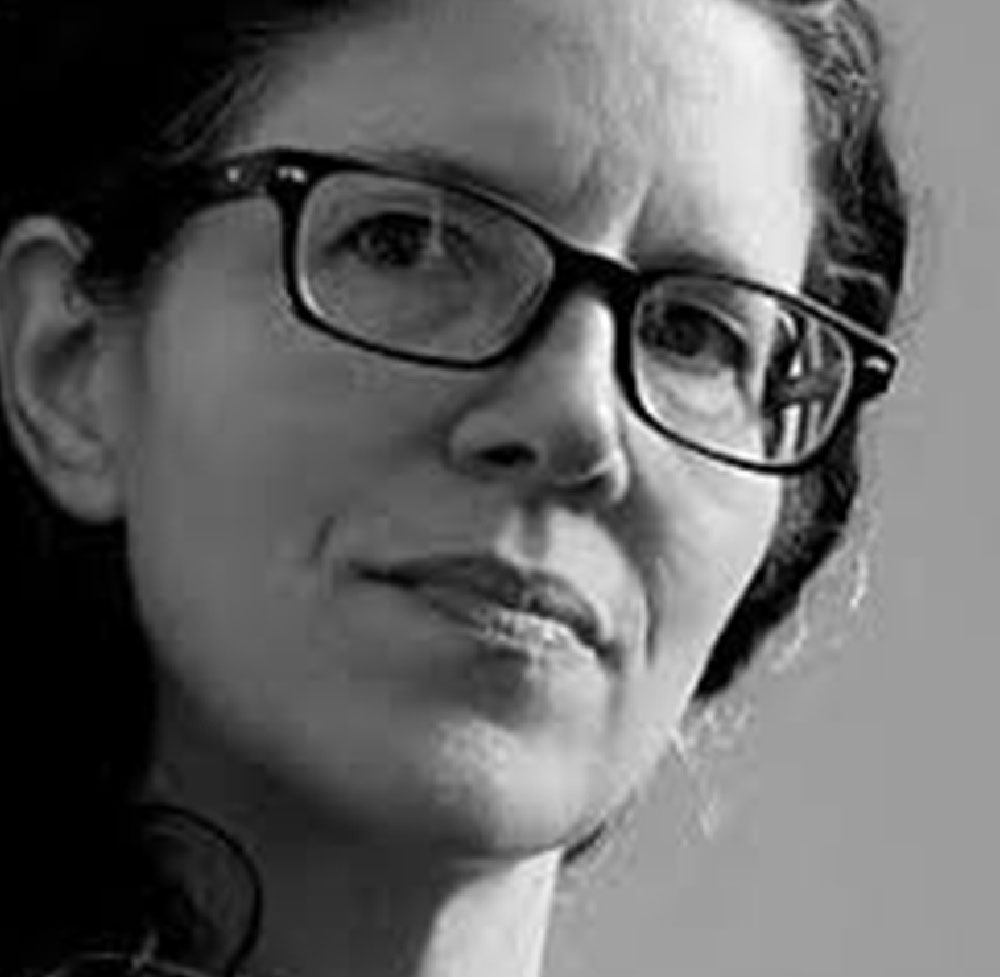
Laura Poitras
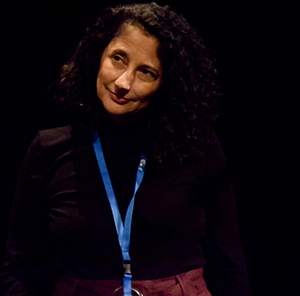
Karen Pearlman
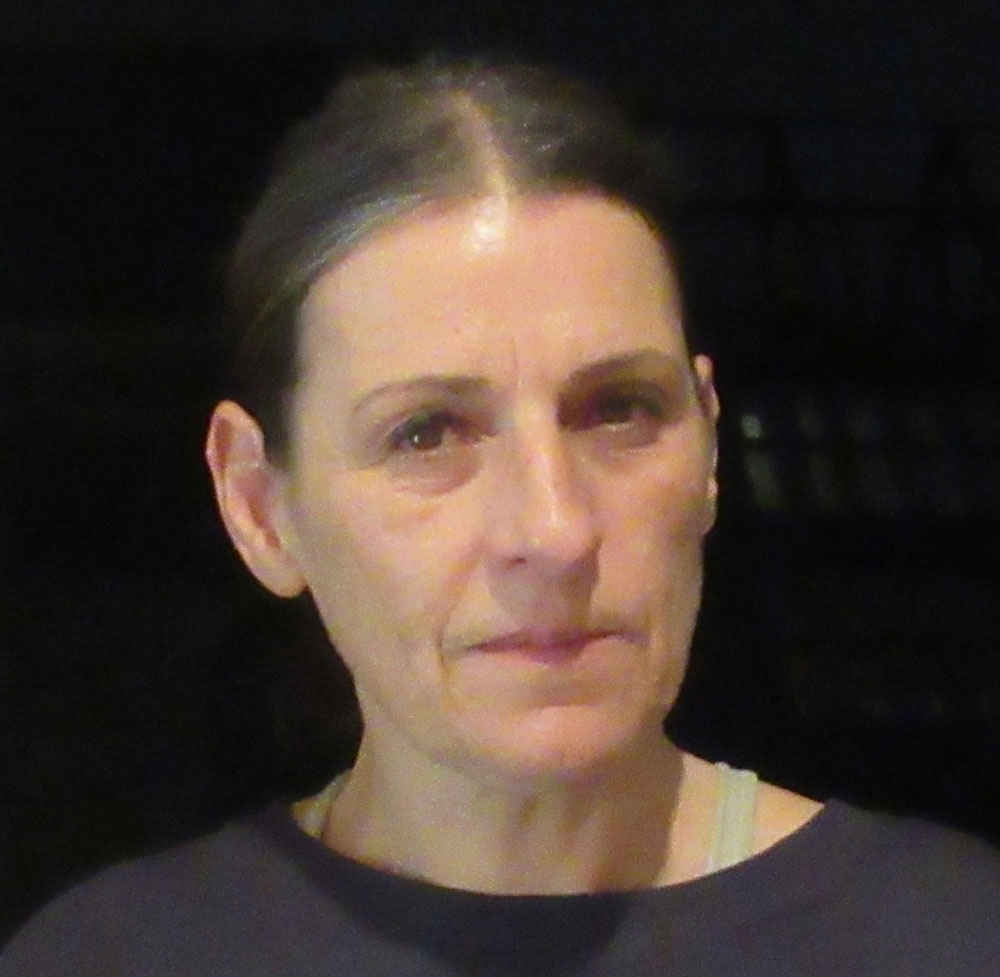
Ursula Puerrer
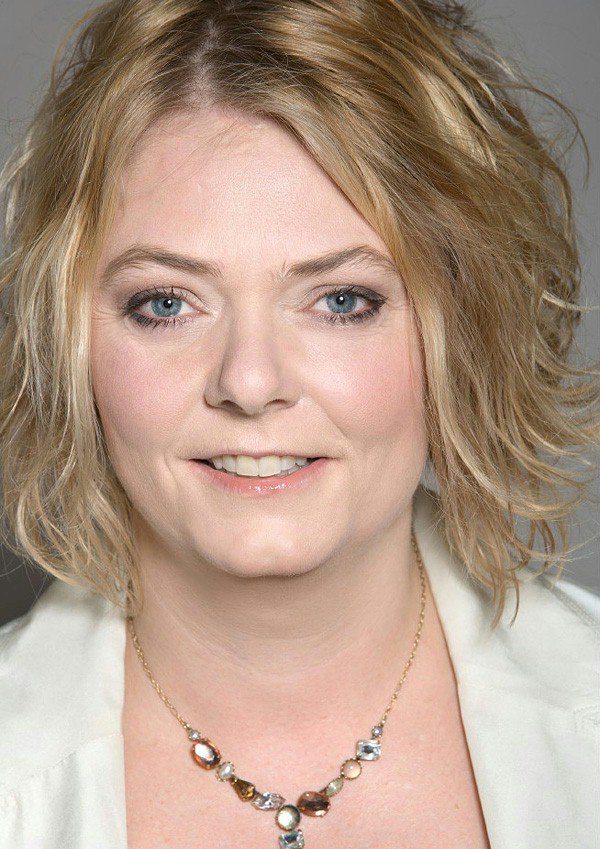 Molly Malene Stensgaard is a Danish editor who works in both fiction and documentary. She worked for five years as a production assistant at Nordisk Film before she was accepted into The Danish Film School (Den Danske Filmskole). After graduating from their editing program in 1993, she worked as an assistant editor to Camilla Skousen. Stensgaard’s first credit as chief editor of a feature film came a few years later with Danish director Astrid Henning-Jensen’s last film, Bella min Bella.
Molly Malene Stensgaard is a Danish editor who works in both fiction and documentary. She worked for five years as a production assistant at Nordisk Film before she was accepted into The Danish Film School (Den Danske Filmskole). After graduating from their editing program in 1993, she worked as an assistant editor to Camilla Skousen. Stensgaard’s first credit as chief editor of a feature film came a few years later with Danish director Astrid Henning-Jensen’s last film, Bella min Bella.
She began her long collaboration with Lars von Trier in 1994, editing eight episodes of the TV show The Kingdom. She has since edited seven of his films including The Idiots, Dancer in the Dark, Dogville, and Nymphomaniac Vols. I and II.
Stensgaard has also worked for Annette K. Olesen and Ole Bornedal and won Best Editor for Borgman’s The Weight of Elephants at the New Zealand Film Festival. In 2015, she received the oldest Danish film prize–the Bodil Prize, awarded by the Association of Film Critics.
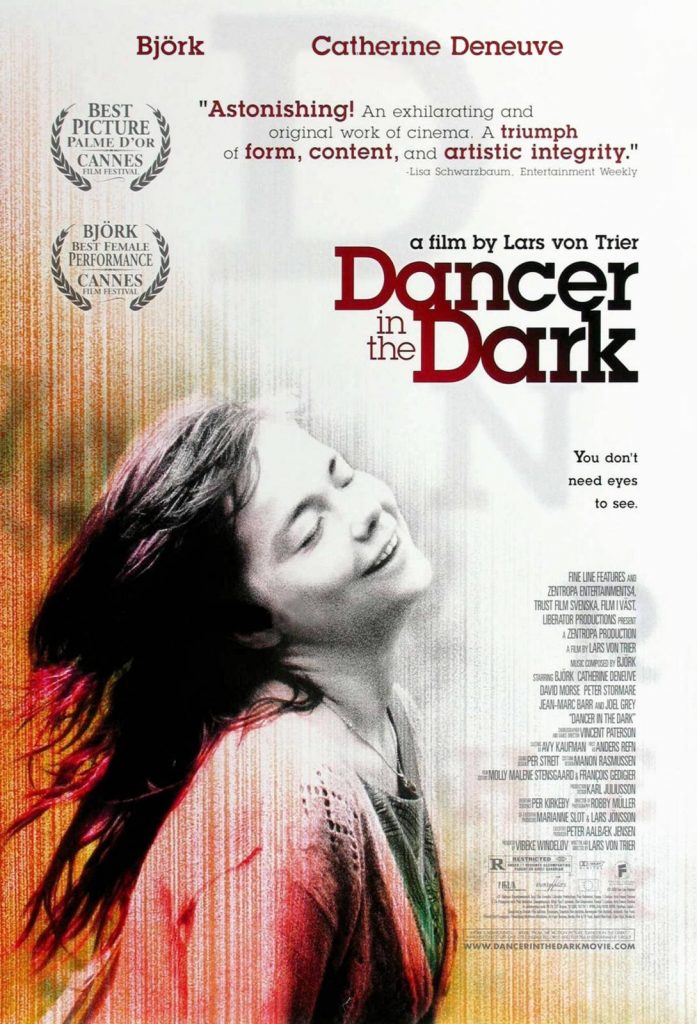
“The film is always the main thing to consider, and if it’s a film where a disturbing, visible language of editing is the right thing to do for the film, then it’s the right thing to do. However, for another film, you might not even recall seeing a cut afterwards. It completely depends on the film…It’s important to distinguish that it’s not the editor’s language, it’s the film’s language. An editor having a language is not interesting. It’s the film that has the language, and you have to adapt to that. Always.”
“For me, it’s very important to try and create moments on the screen. Moments that feel truthful; authentic. But also the shift between that to something that feels like it’s moving forward, feels efficient, is actually the great dynamic of filmmaking. That’s very important to work on in the edit: to make time stand still, and then to make it really move.”
— Two excerpts from an interview with Stensgaard, “Dancer in a Dark Editing Suite.” The full text can be found in the Appendix.
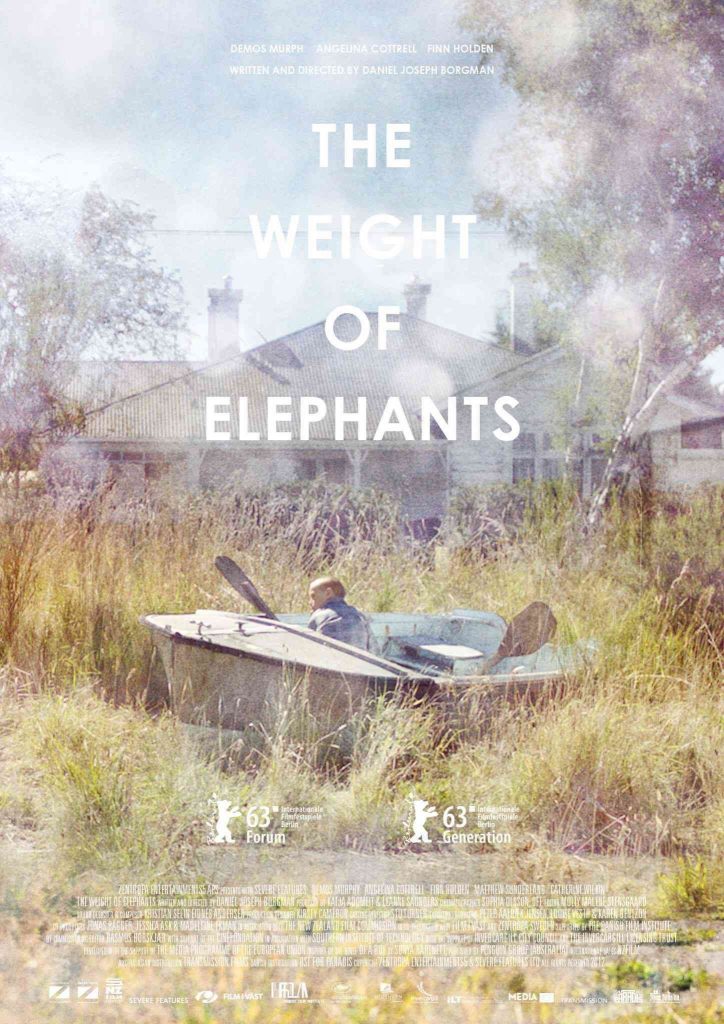
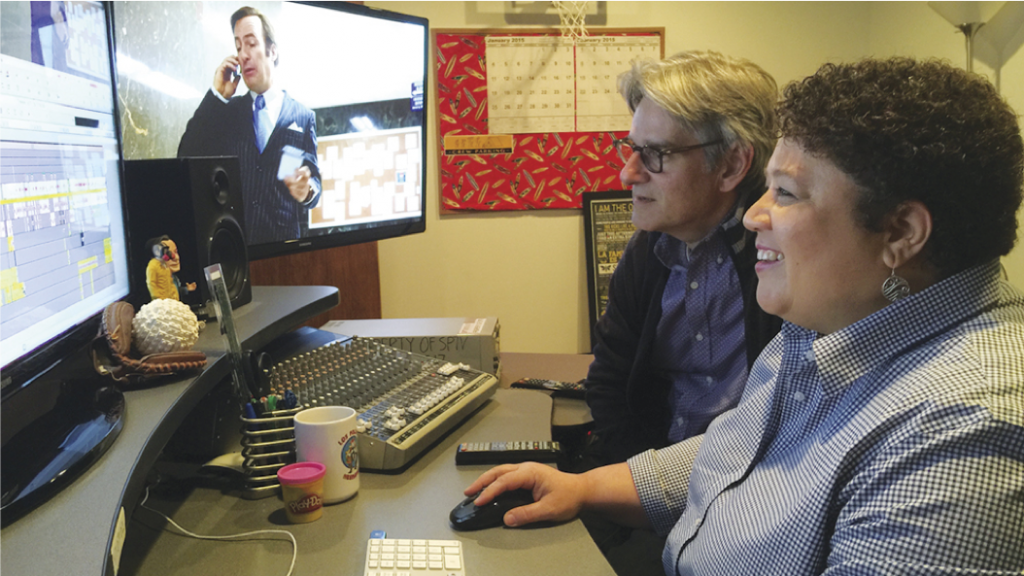 Kelley Dixon, ACE began professionally editing in 1990, as an assistant editor on feature films and TV series (including Good Will Hunting, Reservoir Dogs, and thirteen episodes of Without a Trace). As primary editor, she is known for her work between 2008-2017 on several noteworthy series, including sixteen episodes of Better Call Saul, twenty-seven episodes of Breaking Bad from 2008-2013, five episodes of The Walking Dead, and seven episodes of Shameless. Dixon won an Emmy for Outstanding Single-Camera Picture Editing for Breaking Bad and has been nominated twenty other times for various editing awards.
Kelley Dixon, ACE began professionally editing in 1990, as an assistant editor on feature films and TV series (including Good Will Hunting, Reservoir Dogs, and thirteen episodes of Without a Trace). As primary editor, she is known for her work between 2008-2017 on several noteworthy series, including sixteen episodes of Better Call Saul, twenty-seven episodes of Breaking Bad from 2008-2013, five episodes of The Walking Dead, and seven episodes of Shameless. Dixon won an Emmy for Outstanding Single-Camera Picture Editing for Breaking Bad and has been nominated twenty other times for various editing awards.
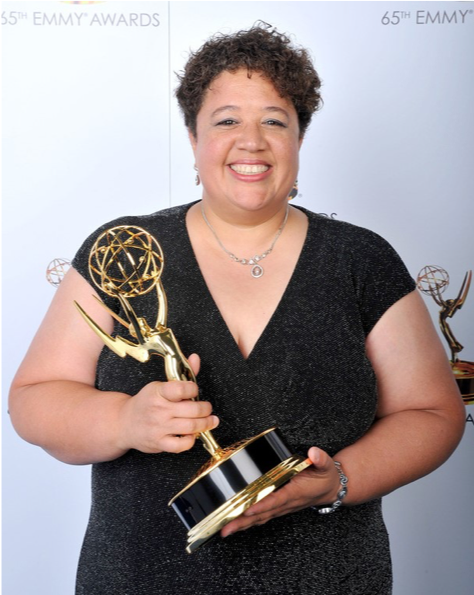
“For an editor, sometimes things are hard, sometimes shows are hard, sometimes politics are hard, and you’re not working with the people that you want to work with and stuff like that. But you know what? It’s the best job ever.”
— Kelley Dixon, interviewed on Television Academy. The full video can be found in the Appendix.

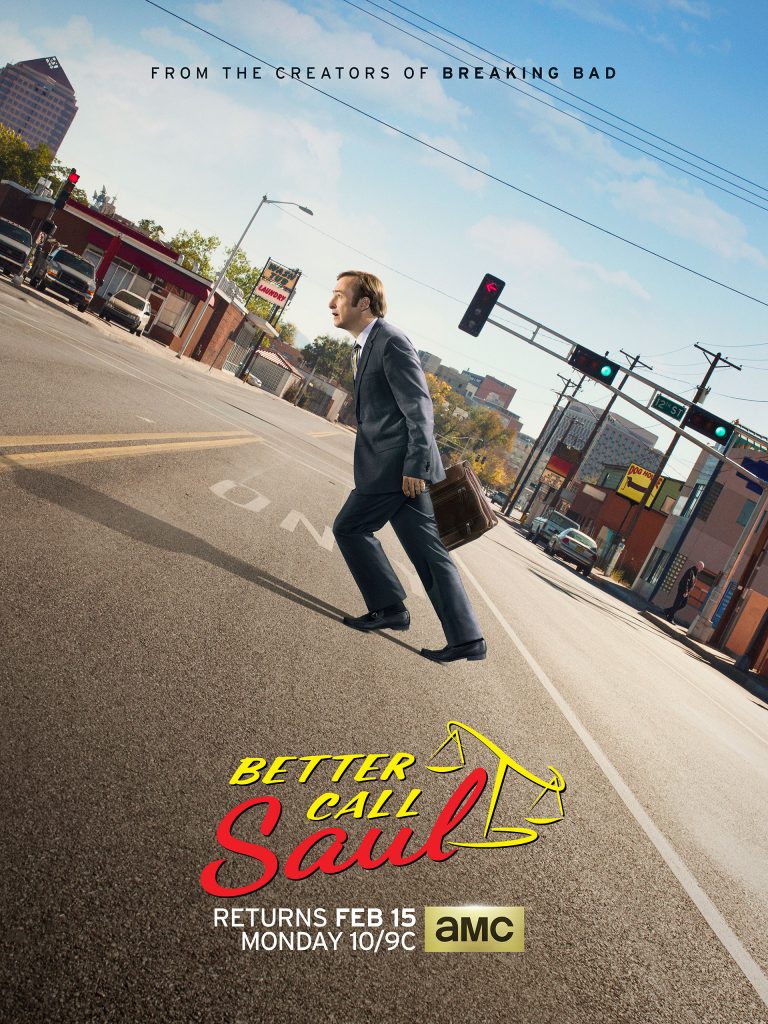
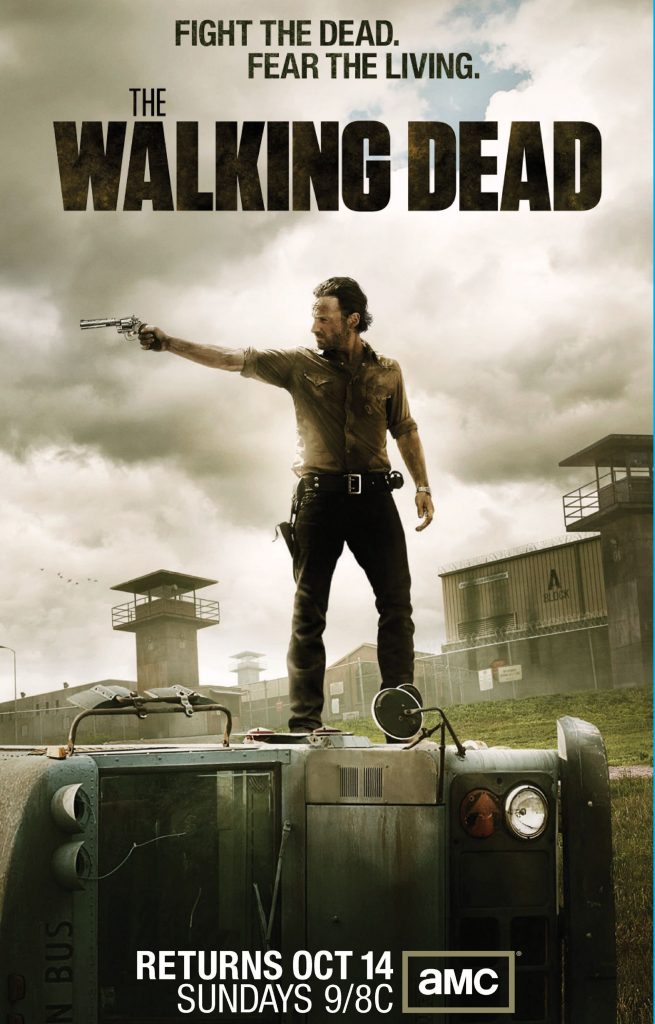
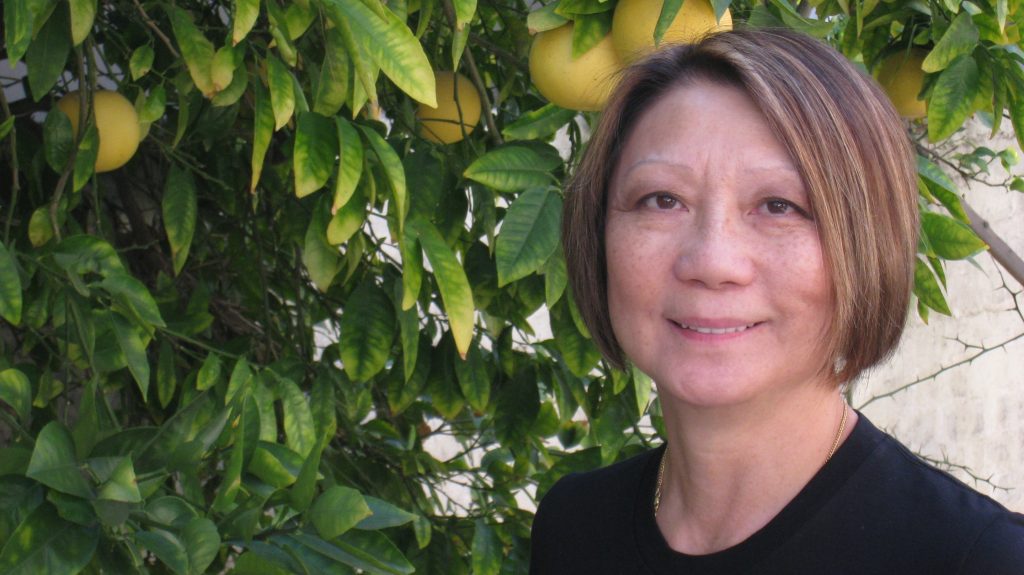 Maisie Hoy, ACE began working in 1975 for Robert Altman and continued for eight years, first as an assistant editor on Nashville and 3 Women and then as co-editor of The Player (with Geraldine Peroni). Hoy also edited The Joy Luck Club and Smoke for Wayne Wang. Between 2007-2014, she edited fourteen films for Tyler Perry, from Daddy’s Little Girls to The Single Moms Club. She received an Emmy nomination for Dolly Parton’s Coat of Many Colors. Hoy has thirty-nine film credits.
Maisie Hoy, ACE began working in 1975 for Robert Altman and continued for eight years, first as an assistant editor on Nashville and 3 Women and then as co-editor of The Player (with Geraldine Peroni). Hoy also edited The Joy Luck Club and Smoke for Wayne Wang. Between 2007-2014, she edited fourteen films for Tyler Perry, from Daddy’s Little Girls to The Single Moms Club. She received an Emmy nomination for Dolly Parton’s Coat of Many Colors. Hoy has thirty-nine film credits.
“It’s funny because the first editor I worked for in feature films was a Black woman. She was the first and the last. But I also worked with Maysie Hoy, who’s Asian-American. She’s a boss. She taught me to have confidence in who you are as an editor, and to speak not only with consideration and compassion but also with control. You walk into a room and people have preconceived notions of what you can do and how smart you are, but you can’t focus on that, because it will distract you.”
—Making The Cut: Joi McMillon Reflects On ‘Moonlight,’ Her History-Making Oscar Nod” by Jihan Thompson. The full interview can be found in the Appendix.
